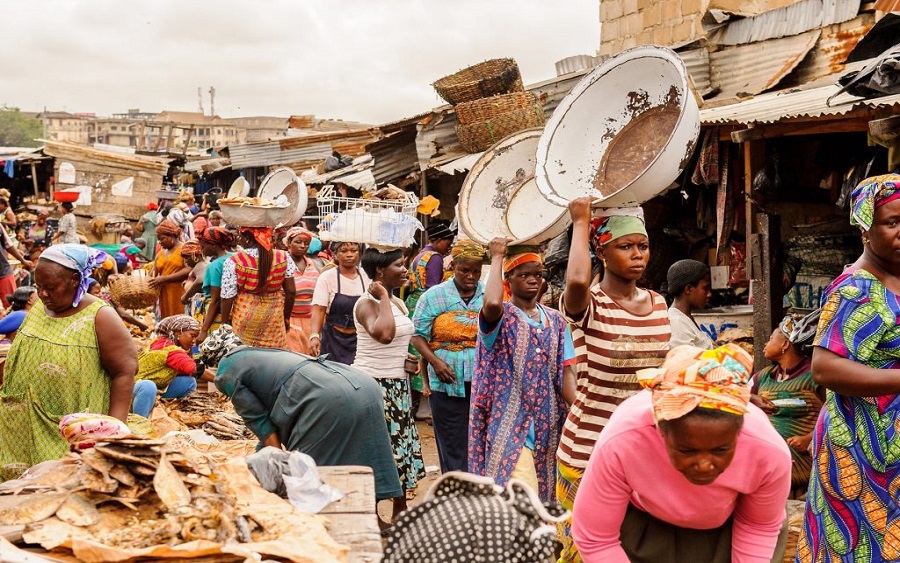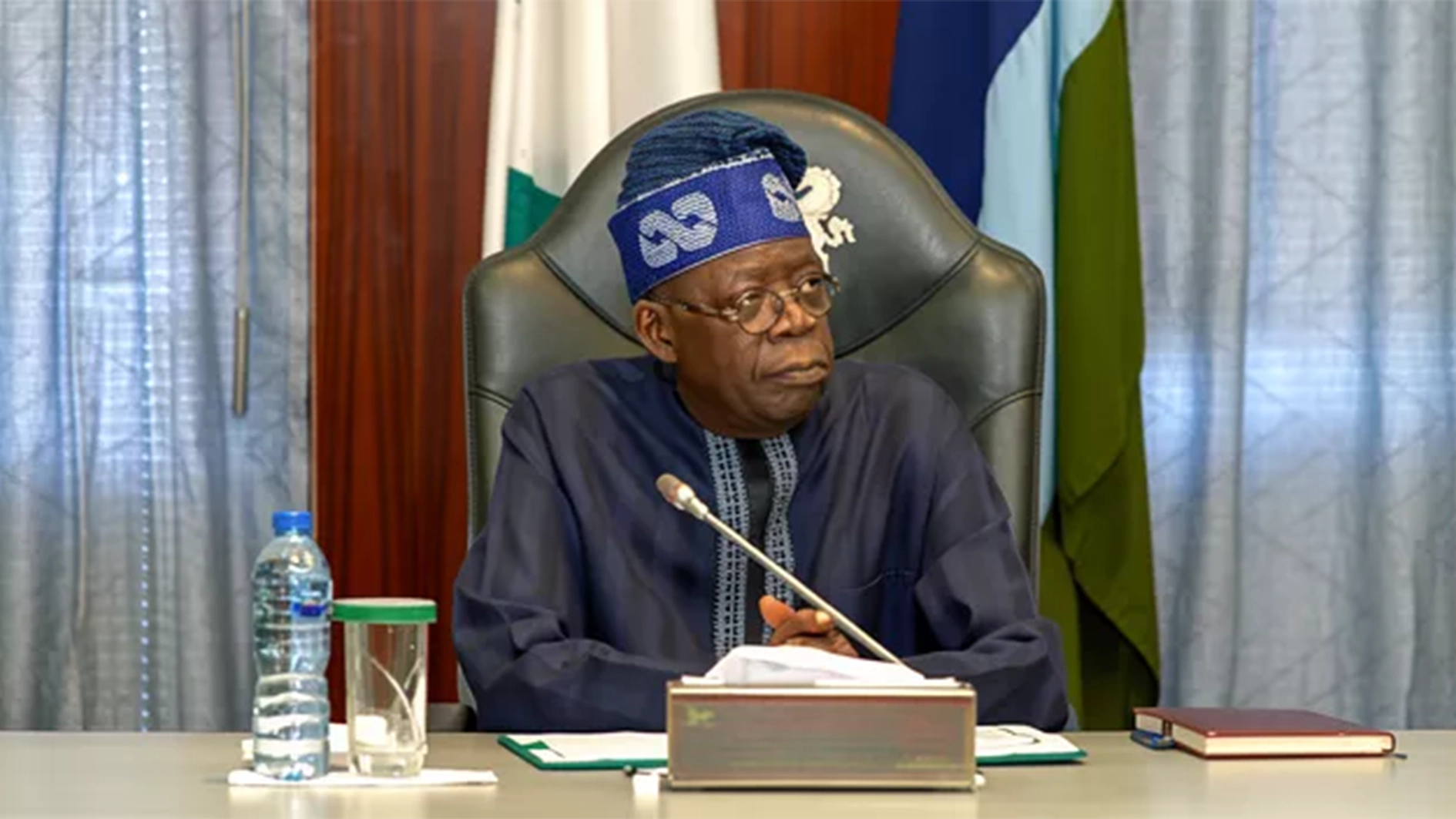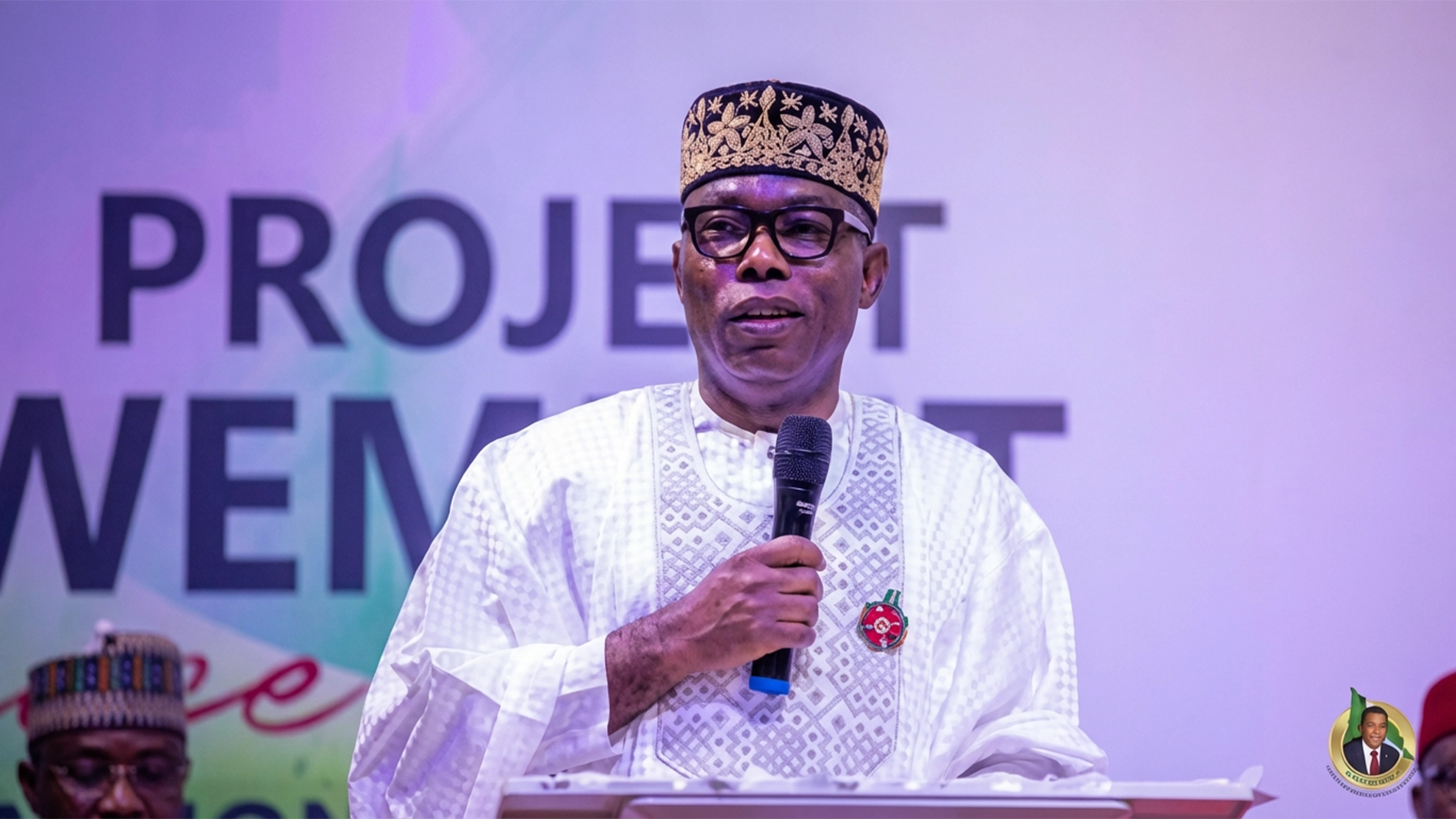
As global elites, political leaders and influential personalities converge on Davos, Switzerland for the yearly World Economic Forum (WEF), a report by Oxfam has revealed that Africa’s seven richest men own more wealth than the 700 million people, who make up the poorest half of the continent’s population.
The document, which is on inequality and global power, also pointed out that seven out of 10 of the world’s biggest corporations, some with significant presence in Africa, have a billionaire as a Chief Executive Officer (CEO) or principal shareholder.
These corporations, Oxfam, said are worth $10.2 trillion, equivalent to nearly four times the combined Gross Domestic Product (GDP) of all African countries.
Presenting the report to journalists in Abuja, yesterday, Acting Country Director, Oxfam Nigeria, Hamza Tijani, said the survey found that billionaires are $3.3 trillion richer from 2020, with their wealth growing three times faster than the rate of inflation.
The document revealed that for the past three years, a surge in extreme wealth has solidified, while global poverty remains mired at pre-pandemic levels.
It further explained how the world’s five richest men have more than doubled their fortunes to $869 billion since 2020, while the world’s poorest, which are about 60 per cent and have almost five billion people, have lost money.
The yawning gap between rich and poor is likely to increase, the report warned, and would lead to the world crowning its first trillionaire within a decade.
At the same time, the report cautioned that if current trends continue, global poverty would not be eradicated for another 229 years.
Highlighting a dramatic increase in inequality since the COVID-19 pandemic, Oxfam said the world’s richest one per cent owns 59 per cent of all global financial assets, including stocks, shares and bonds in addition to stakes in privately-held businesses.
A progressive wealth tax on African millionaires and billionaires at a rate of two per cent on net wealth above $5 million, two per cent on net wealth over $50 million, and five per cent on wealth above $1 billion, the report said, could generate $11.9 billion yearly, nearly enough to pay for United Nations’ 2023 humanitarian requirements for eastern and southern Africa ($12.5 billion).
It said: “Aliko Dangote, Africa’s richest person, holds a ‘near-monopoly’ on cement in Nigeria. He owns Dangote Cement, which has enjoyed some of the world’s highest profit margins on cement at 45 per cent, while paying a tax rate of one per cent over 15 years.
“In Nigeria, Aliko Dangote owns more wealth than the bottom half of Nigerians (109 million people). Dangote and Abdulsamad Rabiu, the country’s second richest man, have increased their fortunes by 29 per cent since 2020, while the bottom 99 percent have become poorer.
“In December 2023, the Nigerian Investment Promotion Commission said it approved tax holidays for 34 companies seeking tax incentives and waivers under the Industrial Development Income Tax Act of 2023, among the beneficiaries are Dangote Sino Trucks West, Africa Limited, Lafarge Africa Plc, Honeywell Flour Mills Nigeria Plc, Jigawa Rice Limited and Stallion Motors Limited.”
Noting that these companies benefit from tax breaks under the pioneer status regime, aiming to incentivize and stimulate their growth, the report revealed that this arrangement allows them to enjoy three to five years without paying corporate income taxes.
Over the years, this policy, it said, has resulted in a cumulative total of approximately five trillion Naira, constituting 18.519 per cent of Nigeria’s 2024 budget as passed into law.
“The bedrock of poverty is not in the lack of resources, but in the fact that the top one per cent has hijacked the available resources. Additionally, the government has not deliberately invested in critical sectors to bridge the inequality gap. Consequently, this situation has led to increased poverty and inequality,” Tijani said.
While calling on governments to reduce the gap rapidly and radically between the super-rich and the rest of society, the report argued that a dynamic and effective state is the best bulwark against extreme corporate power.
It further stressed the need for a sustained effort by the Senate to amend the Federal Inland Revenue Service (FIRS) Act towards regulating the processes of granting corporate tax holidays, import duty waivers and investment incentives to investors and businesses in Nigeria in a bid to cut down revenue loss to corporate incentives.
“The process of granting incentives must be transparent, fostering public discourse on opportunity cost elements. Tax expenditures should undergo parliamentary oversight and public debate. We urge the government to establish a dashboard for public access to data on tax incentives, enhancing awareness and trust. The National Assembly should promptly call on the Federal Government to publish the tax expenditure report, showcasing a commitment to transparency and accountability in incentive management,” the report added.
Reacting, Executive Director Civil Society Legislative Advocacy Centre (CISLAC), Auwal Rafsanjani, blamed the ruling political class for the widening gap between the rich and poor in Nigeria.
According to him, recent events in the country, especially the alleged scandal in the Ministry of Humanitarian Affairs shows that the ruling class lacks the commitment and interest in closing the poverty gap.
Chief Executive Officer of Connected Development (CODE), Hamzat Lawal, described the N5 trillion loss to tax breaks as unacceptable.






